7 Delicious Coffee Alternatives to Energize Your Day
Coffee is a beloved morning ritual for millions worldwide, but an increasing number of health-conscious individuals are exploring non-coffee alternatives like matcha, chaga, and others. These alternatives not only provide a caffeine boost but also offer a myriad of health benefits. This article delves into the advantages of these alternatives and how Santa Cruz CORE can guide you in making a healthy switch.
1. Matcha: A Potent Source of Antioxidants
Matcha, a finely ground powder of specially grown and processed green tea leaves, is celebrated for its high concentration of antioxidants. One of the most powerful compounds in matcha is the catechin epigallocatechin gallate (EGCG), which has been linked to fighting cancer, viruses, and heart disease. Unlike coffee, matcha releases caffeine slowly over several hours, providing a steady stream of energy without the jitters or crashes associated with coffee.
2. Chaga: The Immunity-Boosting Superfood
Chaga, a type of mushroom that grows on birch trees in cold climates, is packed with antioxidants and nutrients. It’s known for boosting the immune system and reducing inflammation. Chaga is also rich in melanin, which protects DNA and promotes skin health. Its earthy flavor makes it a popular coffee substitute, especially for those looking to boost their immune health.
3. Golden Milk: A Soothing, Anti-Inflammatory and Brain-Boosting Drink
Golden milk, or a turmeric latte, is primarily made form turmeric and milk and can be combined with other spices like cinnamon and ginger. It offers significant anti-inflammatory benefits thanks to its active ingredient, curcumin. Curcumin has been shown to cross the blood-brain barrier, potentially helping to prevent Alzheimer’s disease. Golden milk is often consumed in the evening to promote relaxation and improve sleep quality. It is naturally caffeine-free, making it a great choice for those looking to reduce their caffeine intake.
4. Yerba Mate: Rich in Nutrients and Antioxidants
Yerba mate, a traditional South American brew, is rich in antioxidants and nutrients. It contains saponins, which are natural compounds with anti-inflammatory properties. Yerba mate also has a modest caffeine content, providing a gentle energy boost without the harsh effects of coffee.
5. Chai: A Flavorful and Heart-Healthy Beverage
Chai, a traditional Indian tea made with a blend of black tea, spices like cinnamon, cardamom, cloves, and ginger, and often milk, offers a flavorful alternative to coffee. Chai contains antioxidants and has been linked to heart health, improved digestion, and a reduction in blood sugar levels. The spices in chai, particularly ginger and cinnamon, are known for their anti-inflammatory and antibacterial properties, making chai a great choice for a healthy and warming drink.
5. Rooibos Tea: A Caffeine-Free Alternative
Rooibos tea, native to South Africa, is naturally caffeine-free and is an excellent option for those looking to eliminate caffeine. It’s rich in antioxidants, including aspalathin, which has been shown to have anti-diabetic properties. Rooibos also supports heart health by positively affecting blood pressure.
7. Dandelion Tea: Detoxifies and Aids Digestion
Dandelion tea, made from the root or leaves of the dandelion plant, is known for its detoxifying properties. It’s a natural diuretic and helps in digestion. Rich in vitamins A, C, and D, as well as zinc, iron, and potassium, dandelion tea is a nutrient-packed alternative to coffee.
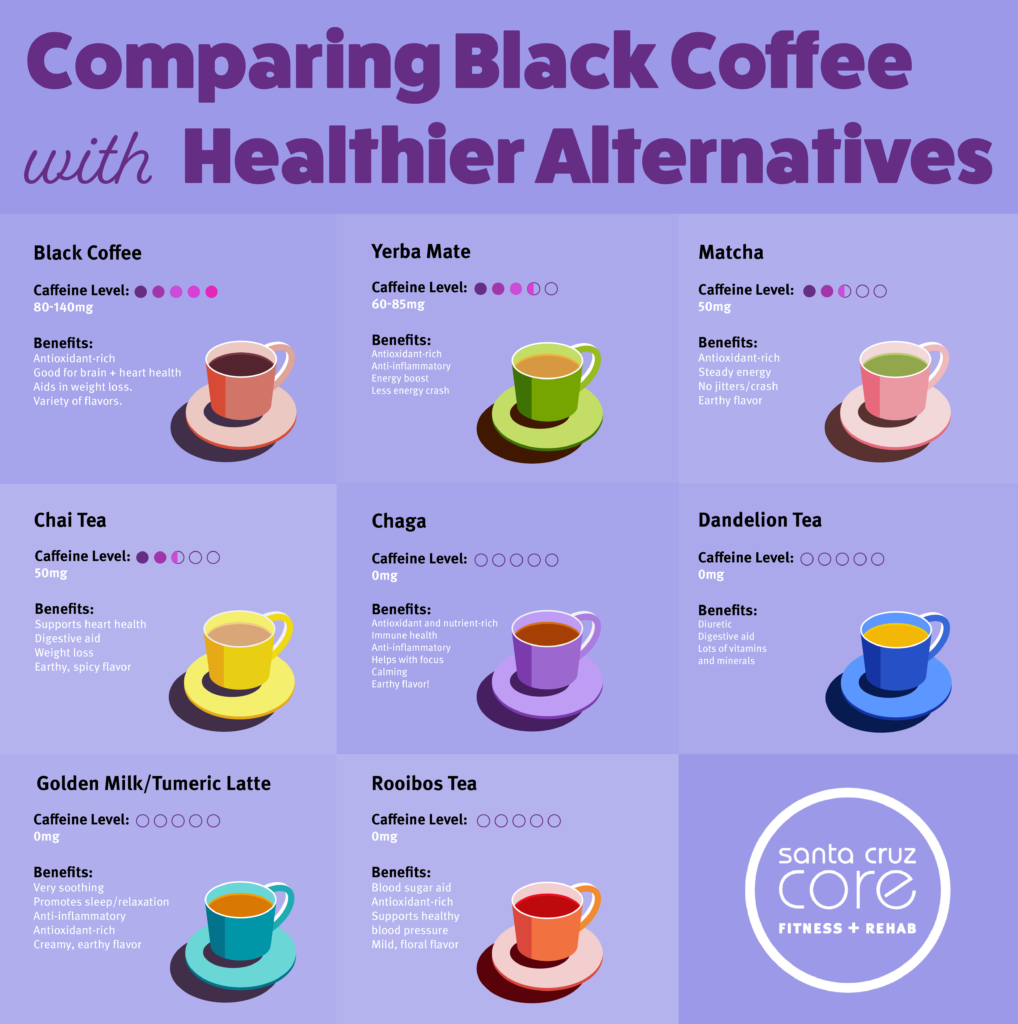
Nutrition at Santa Cruz CORE
At Santa Cruz CORE, we understand the importance of holistic health and the impact of dietary choices on overall well-being. Our nutrition experts can guide you through the transition from coffee to healthier alternatives, ensuring you choose the best option for your individual health goals and needs. Whether it’s improving energy levels, boosting immunity, or reducing inflammation, Santa Cruz CORE provides personalized advice and support.
Conclusion
Switching from coffee to non-coffee alternatives can significantly improve your health and wellness. Each alternative offers unique benefits, from antioxidants and nutrients to anti-inflammatory properties. As you explore these options, remember that making the right choice for your health can be an exciting and rewarding journey.
Sources:
- Health Benefits of Matcha: Journal of Chromatography A
- Chaga and Immune Health: International Journal of Medicinal Mushrooms
- Curcumin and Brain Health: Journal of Alzheimer’s Disease
- Yerba Mate Nutrients: Journal of Agricultural and Food Chemistry
- Rooibos Tea Antioxidants: [Journal of Functional

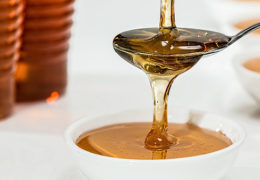
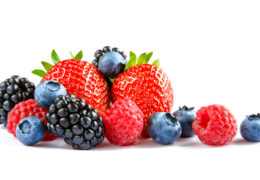
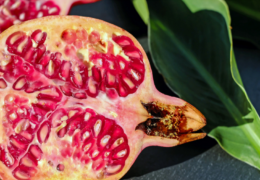


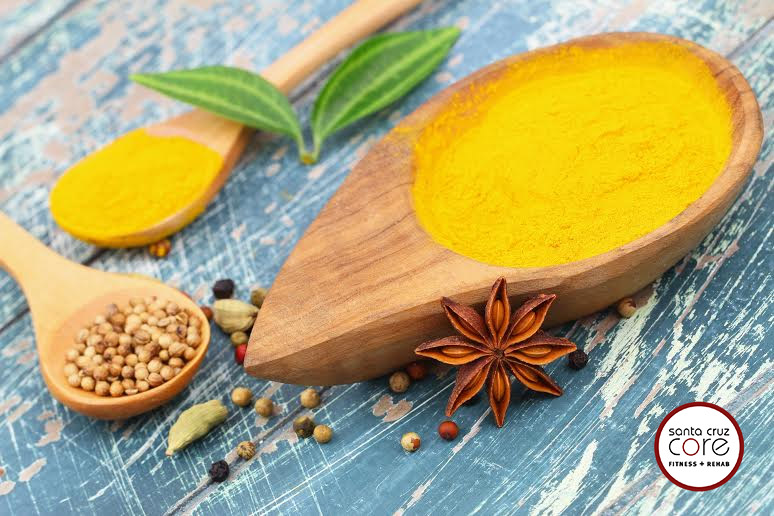


Leave a Reply